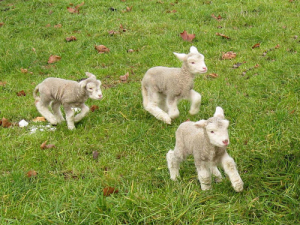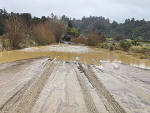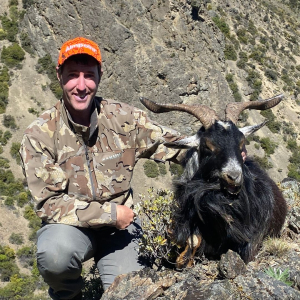September-November 2016 temperatures have a 50% chance of being above average in the north of the South Island and very likely (60-70% chance) to be above average in the remaining regions of the country, says NIWA.
"Nevertheless, as we transition into spring, frosts and cold snaps will occur from time to time, particularly in the first half of the season. Sea surface temperatures are forecast to remain above normal over the next three months, especially to the north of New Zealand," NIWA says in its outlook summary for the next three months.
"September-November 2016 rainfall totals are about equally likely to be in the near normal range (40% chance) or above normal range (35-40% chance) in the north and east of the North Island.
"Seasonal rainfall is most likely (45% chance) to be in the near normal range in the west of the North Island and the north of the South Island. In the east and west of the South Island, rainfall for the September-November 2016 period is about equally likely to be near normal (40% chance) or below normal (35% chance).
"September-November 2016 soil moisture levels and river flows are most likely to be in the near normal (40% chance) or above normal (35% chance) range for the east of the North Island, while below normal (45-50% chance) soil moisture levels and river flows are most likely for the east of the South Island.
"For the north of the South Island, near normal (40-45% chance) soil moisture levels and river flows are most likely while near normal (40% chance) or below normal (40% chance) soil moisture levels and river flows are equally likely in the west of the South Island. In the north and west of the North Island near normal (45% chance) soil moisture levels are most likely while river flows are expected to be in the normal (40% chance) or above normal (35-40%) range."











